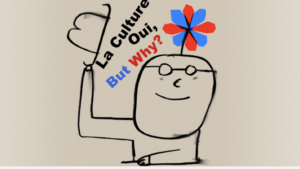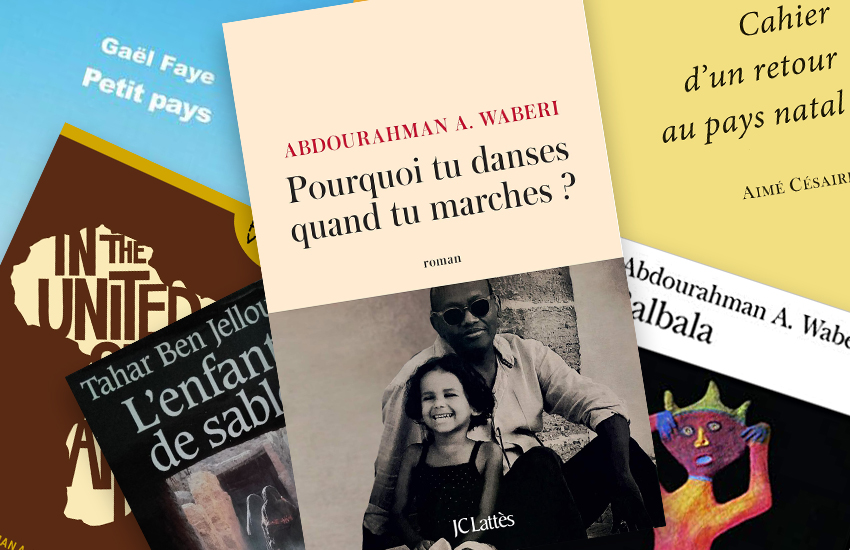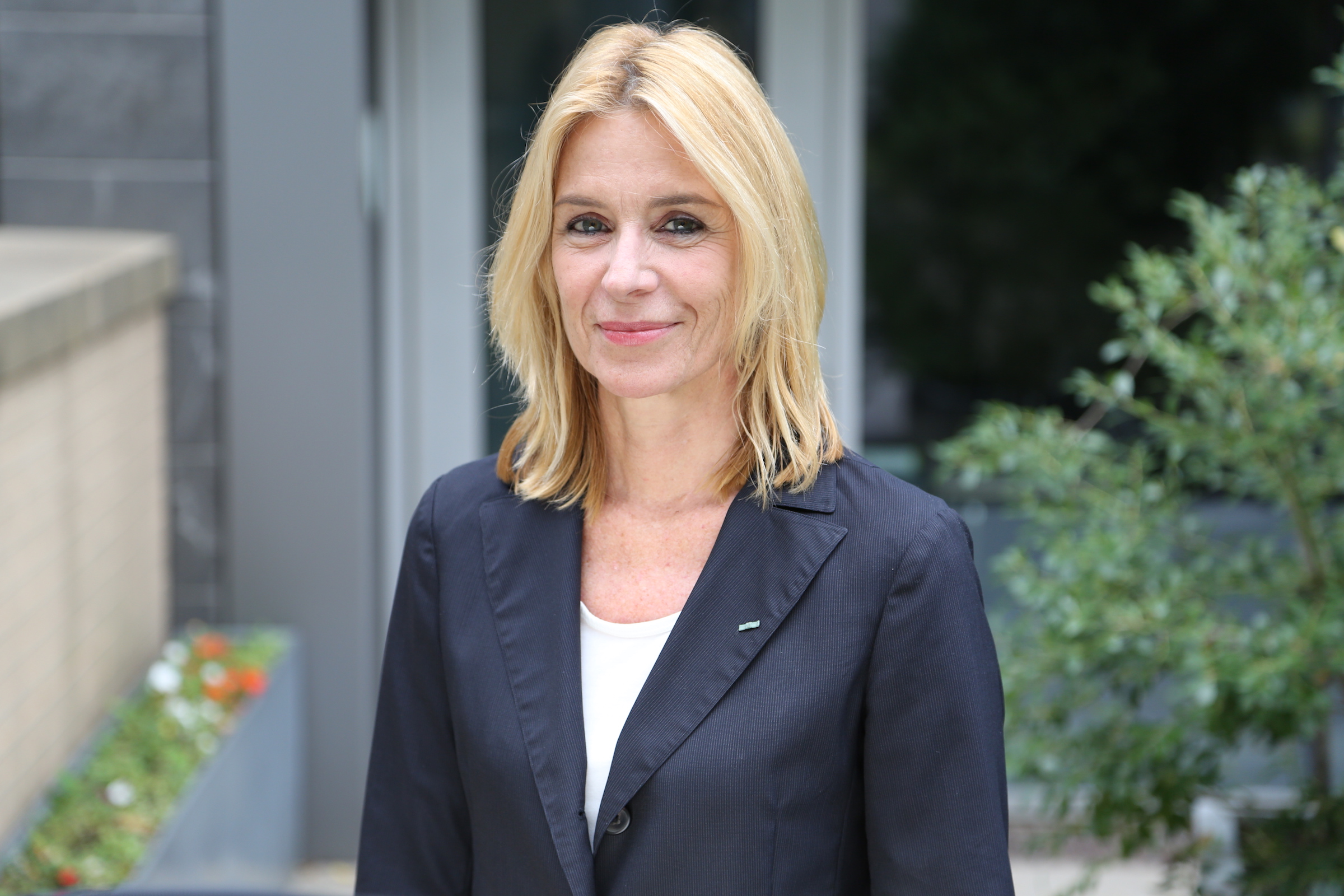Acclaimed author Abdourahman Waberi was invited by the Lycée Français de New York’s Cultural Center on November 6th to participate virtually in a conversation with the French Department about Francophone literature.
Abdourahman Waberi is Assistant Professor of Francophone Literature and Cinema, and French Literature at George Washington University in Washington DC. He is also a recognized French-speaking writer with a collection of short stories, The Land Without Shadows (1994), and novels which include Balbala (1998), In the United States of Africa (2006), and Pourquoi tu danses quand tu marches? (in English, “Why do You Dance When You Walk?”) (2009), which have all received numerous distinctions.
As Professor Waberi explained, French literature, a polymorphic animal in constant mutation, is a varied and immense field that remains to be explored. He returned to the sources of Francophone literature: the colonial literature which gave birth to French-speaking literature. Then, he described the different stages of the transformation: the “great movement of negritude” – with authors like Léopold Sédar Senghor or Aimé Césaire who denounced colonialism -; “nationalist literature”, what Quebecers called “migrant literature” in the 2000s; and “world literature”.

“Today everything is open”, says Dr. Waberi. “Can we say that Tahar Ben Jelloun is a Moroccan writer? He is a French-speaking author, a Muslim, a university professor, and his identities are multiple, which makes him a “writer of the world.” This current period also includes what Waberi calls “Afrofuturism”, which is the theme of his book The United States of Africa (2006), translated into English in 2009, a virulent and comical political satire on ethnocentrism. The author also mentions the writings “memory” such as those of Gaël Faye who in his book Small Country (2016) describes his childhood in Burundi, and that of Abdourahman Waberi himself.
Born in 1965 in Djibouti, Waberi defines himself as a child of the colonial empire as Djibouti was a French territory that only gained independence in 1977. Coming to France in 1985 to teach English literature in Caen, the author became French through marriage. But it is his own childhood that Waberi recounts, in a dialogue with his own child–his daughter Berenice is now 7 years old–a childhood marked by a fit of polio that left him disabled. Today, in isolation in Italy due to the pandemic, he writes the second volume: “It is a work on childhood, on memory and on transmission “.
At Washington University, Waberi also teaches Francophone cinema. For the teachers, he evoked the work of Ousmane Sembène whose film Mandabi was shown at the Cultural Center in the presence of his biographer Valérie Berty, or more recently the works of Rachid Bouchareib or Amandine Gay. In the same spirit of openness to diversity, the Cultural Center is offering on December 1 and 2, a US premiere of Small Country: An African Childhood, a film adaptation of Gaël Faye’s work, directed by Eric Barbier.
To continue this journey in the French-speaking world during confinement, the teachers left with piles of books under their arms, or rather, lists of books to download!
About the Author :
Pascale Richard joined the Lycée as director of the Cultural Center in 2011, where she aims to bring the best of French and American cultures through conferences, concerts, films and various events. In the fall of 2012, she launched the school’s Artist-in-Residence program. Pascale was previously Vice President of External Affairs at the French Institute Alliance Française (FIAF). Her background is in journalism and writing with a focus on lifestyle and fashion. She is a graduate of Sciences-po and holds a master’s in journalism from New York University.


